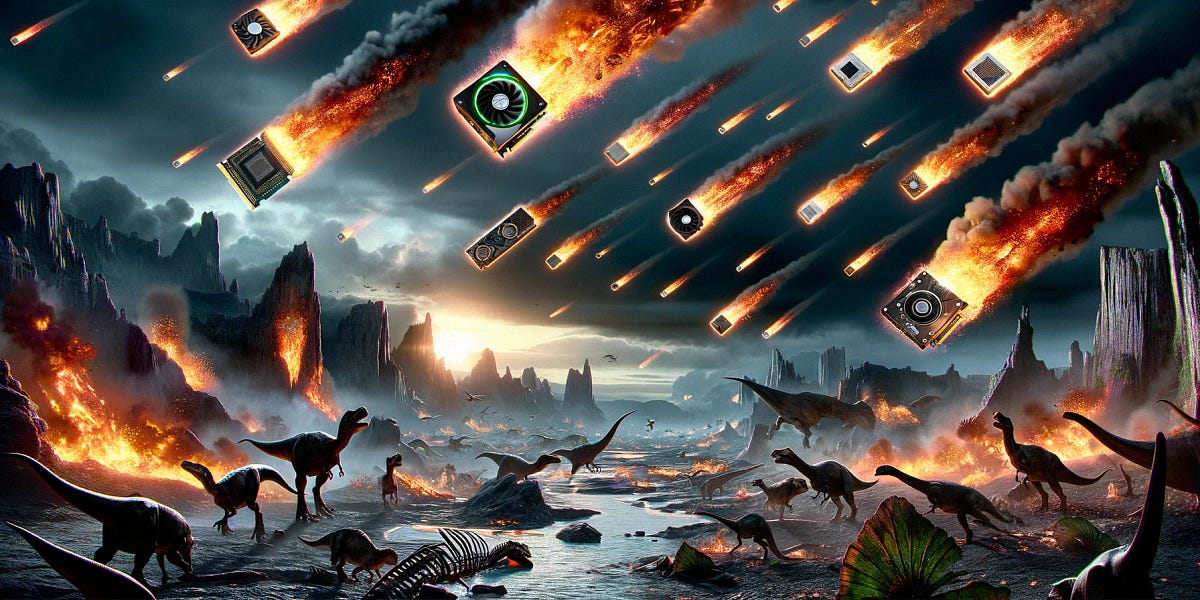OpenAI Is Doomed - Et tu, Microsoft?

🌈 Abstract
The article discusses the current state of the AI landscape, focusing on the competition between OpenAI and other tech giants like Microsoft, Meta, Google, and Chinese companies like DeepSeek. It explores the challenges OpenAI faces, particularly around its relationship with Microsoft, and the efforts by other companies to develop their own large language models to compete with OpenAI's GPT-4.
🙋 Q&A
[01] OpenAI's Challenges
1. What are the key challenges OpenAI is facing?
- OpenAI's bizarre structure as a non-profit with the goal of creating safe and beneficial AGI gives Microsoft, its primary partner, little control or recourse over OpenAI's decisions.
- Microsoft is concerned that OpenAI's board can unilaterally decide that AGI has been achieved, at which point Microsoft would lose access to the IP it has helped create with its multi-billion dollar investment.
- This has led Microsoft to try to reduce its reliance on OpenAI's models and instead prioritize developing its own in-house models like Copilot and Bing.
2. How is Microsoft trying to reduce its reliance on OpenAI?
- Microsoft is attempting to move the majority of its inference volumes away from OpenAI's models and towards its own models that it has developed IP for directly.
- Microsoft is rapidly building up its AI talent and capabilities, including through the pseudo-acquisition of Inflection, to try to close the gap with OpenAI.
- Microsoft is also investing heavily in synthetic data generation and techniques like "Evol-Instruct" to improve its language models without relying solely on human-created data.
[02] Competition from Other Tech Giants
1. How are other tech companies like Meta and Google competing with OpenAI?
- Chinese company DeepSeek has open-sourced a new model that is cheaper to run and outperforms OpenAI's GPT-4 in some areas like code and math.
- Meta's Llama 3 405B model is also expected to match the capabilities of GPT-4 while being open-source.
- Meta and Google have more direct access to consumers, and are able to deploy their language models across their large user bases, potentially hurting OpenAI's business.
2. What advantages do companies like Meta and Google have over OpenAI?
- Meta and Google have massive user bases and can deploy their language models directly to consumers, potentially capturing a large share of the market.
- They also have the resources and focus to invest heavily in custom silicon and compute infrastructure, giving them a cost advantage over OpenAI.
- The availability of open-source models like Llama 3 and DeepSeek's model makes it easier for enterprises to host their own language models, reducing their reliance on OpenAI.
Shared by Daniel Chen ·
© 2024 NewMotor Inc.